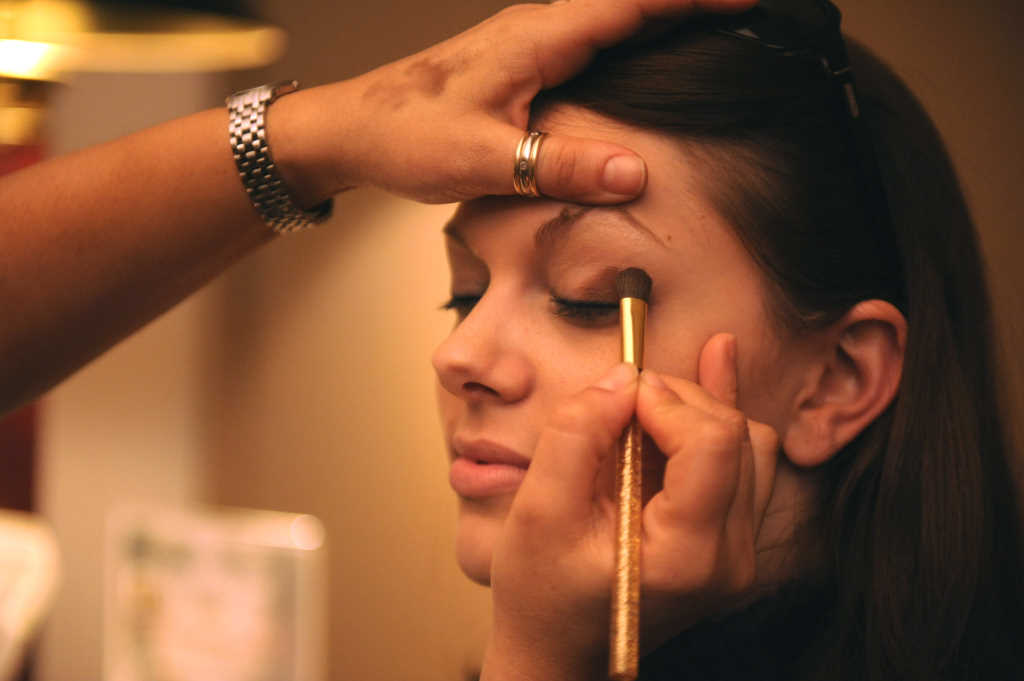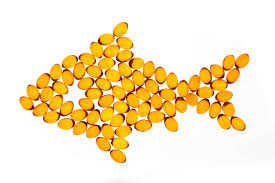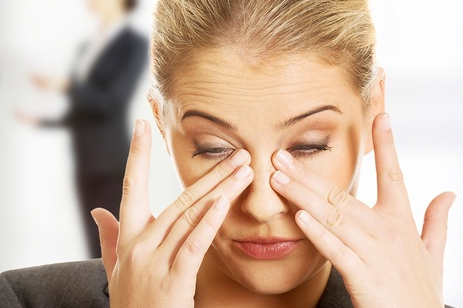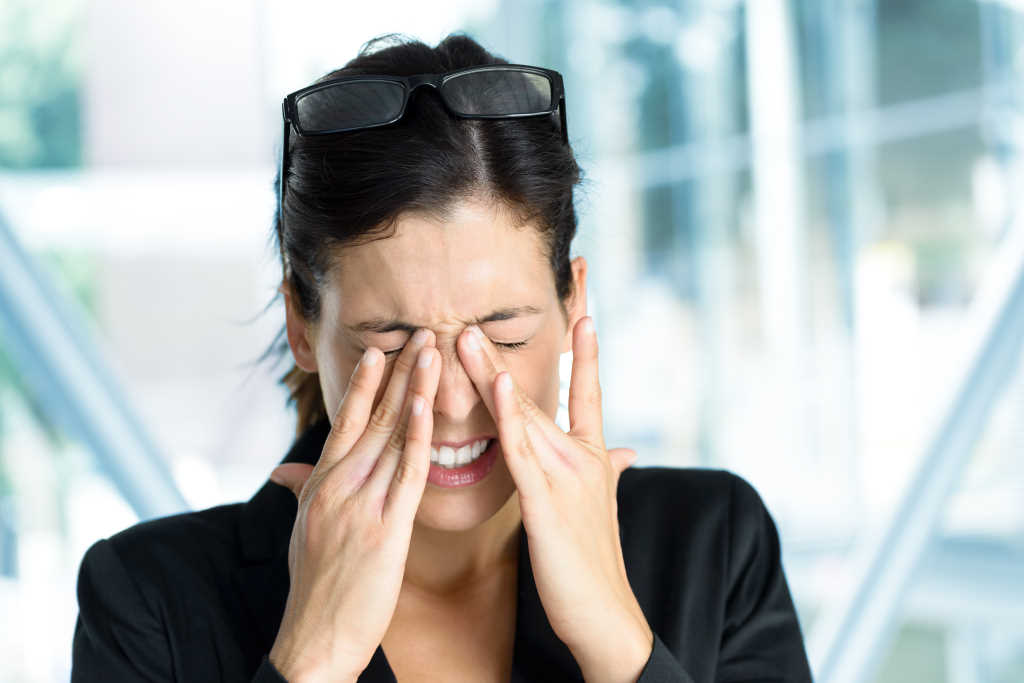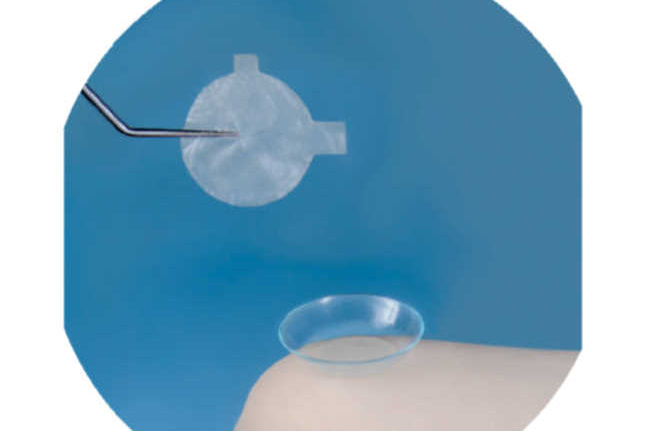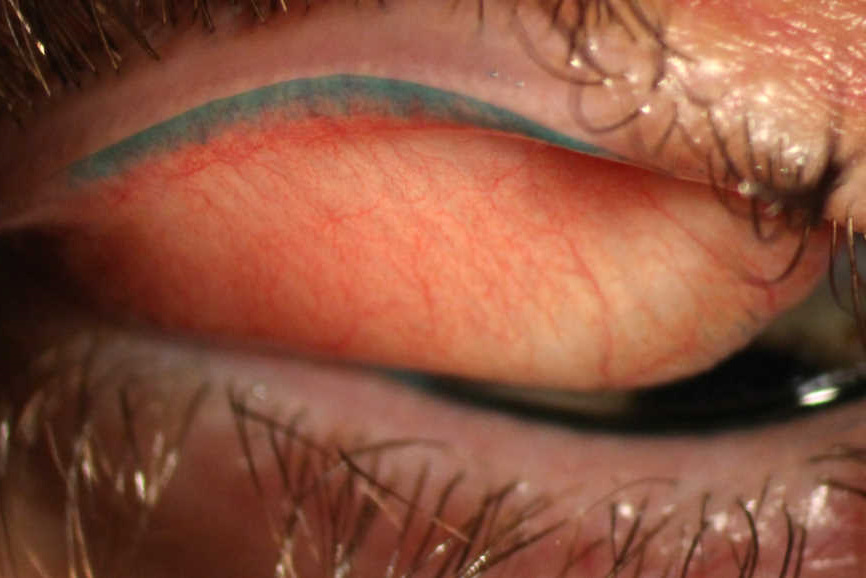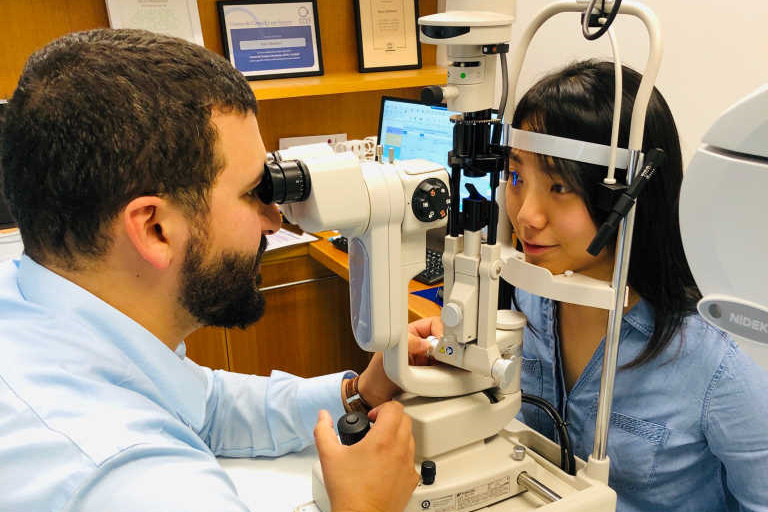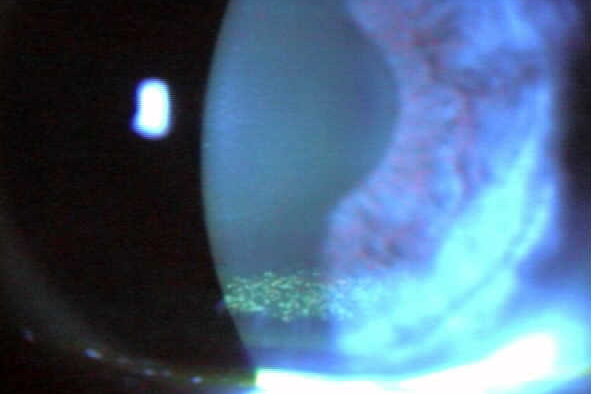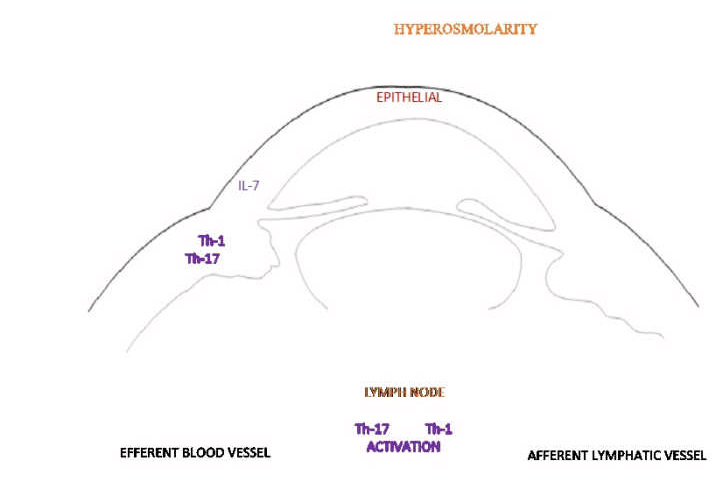The cosmetic impact
Eye care practitioners are well aware that medications for patients with ocular surface disease need to be proven safe through clinical trials. They probably also assume, like their patients, that basic beauty and anti-aging products are tested to be safe and not toxic to the ocular surface. This is not always the case.
Unbeknownst to most, the cosmetic products and skincare practices used by patients in and around their eyes are not required to meet the same type of regulatory standards as pharmaceuticals, and are oftentimes governed by outdated laws.
With this in mind, eye care practitioners need to be aware that the daily skincare, aesthetic and cosmetic routines of their patients may not be safe. There are a multitude of chemicals in everyday cosmetic products and treatments that may negatively impact the eye’s health and contribute to ocular surface disease.
For example, the European Union authorises the use of benzylkonium chloride (BAK) in cosmetic products at a level 20,000 fold higher than the amount that is toxic to human corneal, conjunctival and meibomian gland epithelial cells1. Other preservatives widely used in cosmetic products are formaldehyde-releasing compounds2. Their approved limit in cosmetics is 740-2000 fold higher than the concentration shown by researchers at Harvard Medical School to be toxic to these same human cells 1.
Cosmetics and aesthetic treatments used on and around the eyelids are believed to impact the ocular surface in many ways, such as:
- Obstructing the meibomian glands and interfering with their function
- Limiting meibum delivery to the lid margin and subsequent delivery onto the tear film
- Providing an entry point to the vicious circle of dry eye disease
- Promoting ocular surface inflammation, secondary to evaporative stress
- Disrupting the tear film and desiccating the ocular surface
- Creating an environment conducive to bacterial overgrowth and Demodex infestation
A recently published review of the current scientific literature by Dr Michael Wang and A/Prof Jennifer Craig from the University of Auckland showed the application of eye makeup can contribute to symptoms of dry eye, corneal nerve irritation, dendritic cell activation, hyperosmolarity of the tear film, meibomian gland dysfunction and tear film instability3.
More education is needed for both eye care specialists and consumers. According to Dry Eye Diva research, almost 90% of women have not spoken with their eye doctor about their use of cosmetics, including eye makeup, skincare and anti-aging products2.
From face wash to eye makeup remover and anti-wrinkle creams, medical-aesthetic products and procedures used by both women and men deserve better attention as understanding how lifestyle and beauty routines can impact the ocular surface may help in achieving optimal eye health. Products and procedures that may be worthy of discussion with patients include:
- Antiaging or acne creams containing Retin-A
- Argireline, or acetyl hexapeptide-3, in eye creams (aka Botox-in-a-Jar)
- Botulism fillers for crow’s feet
- Cosmetic use in combination with contact lens wear
- Eyelash perms, extensions and tinting
- Eyelid tattooing
- Eyeshadow glitter
- Over-the-counter eyelash growth serums
- Waterproof eye makeup
For more visit http://www.eyeonoptics.com.au/articles/archive/cosmetics-and-the-tear-film/ or www.dryeyediva.com.
References
- Chen X, Sullivan DA, Sullivan AG, et al. Toxicity of cosmetic preservatives on human ocular surface and adnexal cells. Exp Eye Res. 2018;170:188-197
- O’Dell LE, Sullivan AG, Periman LM. Beauty does not have to hurt. Advanced Ocular Care. 2016;July/August:42-47
- Wang MT, Craig JP. Investigating the effect of eye cosmetics on the tear film: current insights. Clin Optom (Auckl). 2018;3:10-40.
Amy Gallant Sullivan is executive director, co-founder and a board member of the Tear Film & Ocular Surface Society (TFOS) and founder of Dry Eye Diva.










